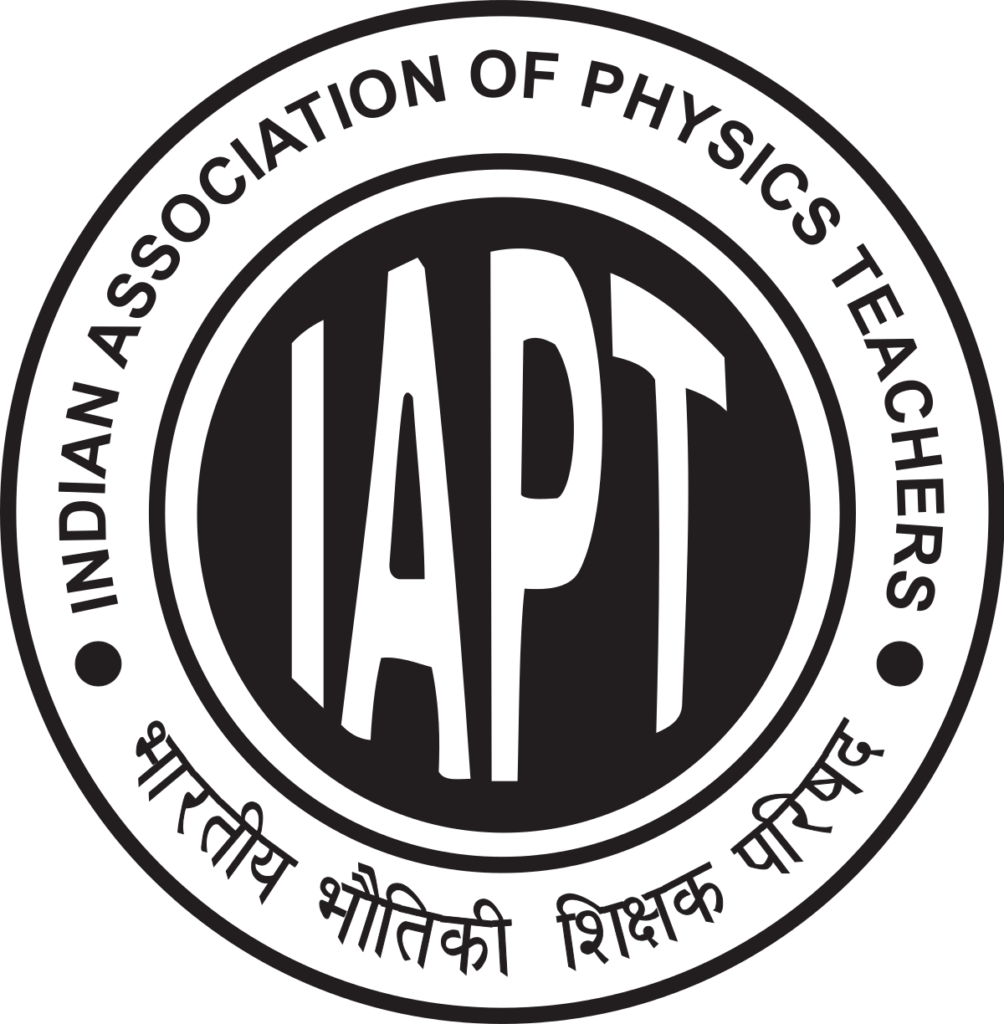About-
National Standard Examination in Chemistry is organized by IAPT in association with the Indian Association of Chemistry teachers. It is the first stage in the chemistry Olympiads. Candidates who clear this become eligible for INChO.
Visit http://iapt.org.in/exams/nse/nsec-b-a-js.html for more information.
Syllabus-
The syllabus of NSEC has not been specifically laid out. However, it coincides with the topics covered in 11th and 12th class.
The syllabus is designed in accordance with the CBSE syllabus. Hence, the students need to prepare mostly from the class 7th to 10th books to brush up their basics. Some of the important topics are:
Inorganic Chemistry
- Electronic Configuration of atoms and ions
- Trends in the periodic table
- Trends in physical properties
- Structures
- Nomenclature
- Chemical calculations
- Isotopes
- Natural cycles – s, p and d block
- Other inorganic problems
2. Organic Chemistry
- Alkanes
- Cycloalkanes
- Alkenes
- Alkynes
- Arenes and heterocycles
- Halogen compounds
- Alcohols and phenols
- Carbonyl compounds
- Carboxylic acids
- Nitrogen compounds
- Other organic topics
3. Physical Chemistry
- Chemical equilibria
- Ionic equilibria
- Electrode equilibria
- Kinetics of homogenous reactions
- Thermodynamics (first and second law)
- Phase system
4. Biochemistry
- Amino acids and peptides
- Proteins
- Fatty acids and fats
- Enzymes
- Saccharides
- Krebs cycle and respiration chain
- Nucleic acids and respiration chain
- Other biochemical problems – hormones regulation, insulin etc.
5. Experimental part
- Synthesis of inorganic and organic compounds
- Identification of inorganic and organic compounds (general principles)
- The diagnosis of some inorganic and organic compounds (general principles)
- Special measurements and procedures
- Evaluation of results
Preparation Tips for NSEC-
Be aware of your syllabus-
This is the very first step required because the syllabus is vast. You must have an idea of all the important topics. This exam requires a greater and deeper understanding of the topics.
Take it as a challenge-
You have to take this as a challenge and not as a battle. Enjoy your preparation journey. Outcome is not important, your journey is.
Time management-
You need to learn how to manage your time. Give equal study time to all the 3 subjects – organic, inorganic and physical chemistry and start your preparation well in time.
Solve previous year question papers-
These will help you to understand the exam pattern better. You can evaluate your progress and can mark areas you find difficulty in solving.
Seek help from your teachers-
Your teachers can help you in the way no one else can. They understand you better and will help you with your mistakes and errors. If you need any guidance, you know where you will find all the answers.
Have a good hold on Organic Chemistry-
Students often do not have a good relation with organic chemistry. They tend not to study it as much as they study physical or inorganic chemistry. Try to have a good hold on organic chemistry as it can prove very scoring.
Work hard-
There is no substitute for consistency and hard work. Work really hard that you get the results you are aiming for.

